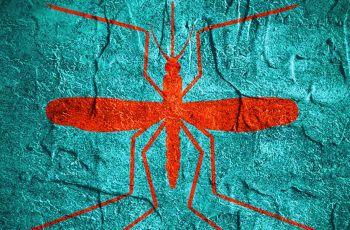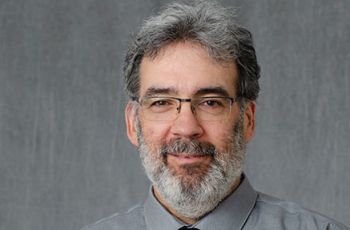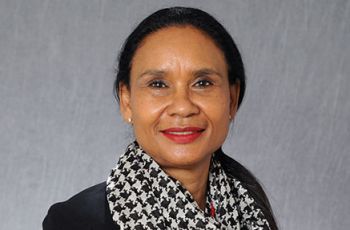Microbiology-Immunology-Tropical Medicine
Catherine Bollard, MD, professor of pediatrics and of microbiology, immunology, and tropical medicine, spoke to WTOP for an article about a new FDA-approved gene modification process that shows promise in cancer treatment.
The National Institutes of Health is embarking on a phase II trial of a DNA-based Zika vaccine, with the goal of enrolling almost 2,500 participants at sites, including one in Brazil run by GW faculty, spread across countries where the virus has infected people.
David Diemert, MD, associate professor of microbiology, immunology, and tropical medicine and of medicine, spoke to NPR for an article about hookworm in the U.S.
GW researcher received an almost $2 million grant to study the body's natural defenses against HIV in order to drive development of better vaccines and therapies.
Catherine Bollard, MD, professor of pediatrics and microbiology, immunology, and tropical medicine, was quoted in a Fred Hutch article about the Conference on Cell and Gene Therapy for HIV Cure.
John Hawdon, PhD, associate professor of microbiology, immunology, and tropical diseases, spoke to Healthline for an article about using worms to treat autoimmune diseases.
Jeffrey Bethony, PhD, associate professor of microbiology, immunology, and tropical medicine, was featured in a Fogarty International Center article highlighting his research of infectious diseases.
John Hawdon, PhD, associate professor of microbiology, immunology, and tropical medicine, spoke to Popular Science for an article discussing "worm therapy" as a treatment for autoimmune diseases.
Mathilde "Matty" Knight, PhD, adjunct professor of microbiology, immunology, and tropical medicine at GW School of Medicine and Health Sciences was on the research team that found a genome in the Biomphalaria snail that may explain why the snail is a prime transmitter for the parasite, Schistosoma…
John Hawdon, PhD, associate professor of microbiology, immunology, and tropical medicine, spoke to Popular Science for an article about weather hazards and dangerous parasites to consider in the different regions of the United States.






